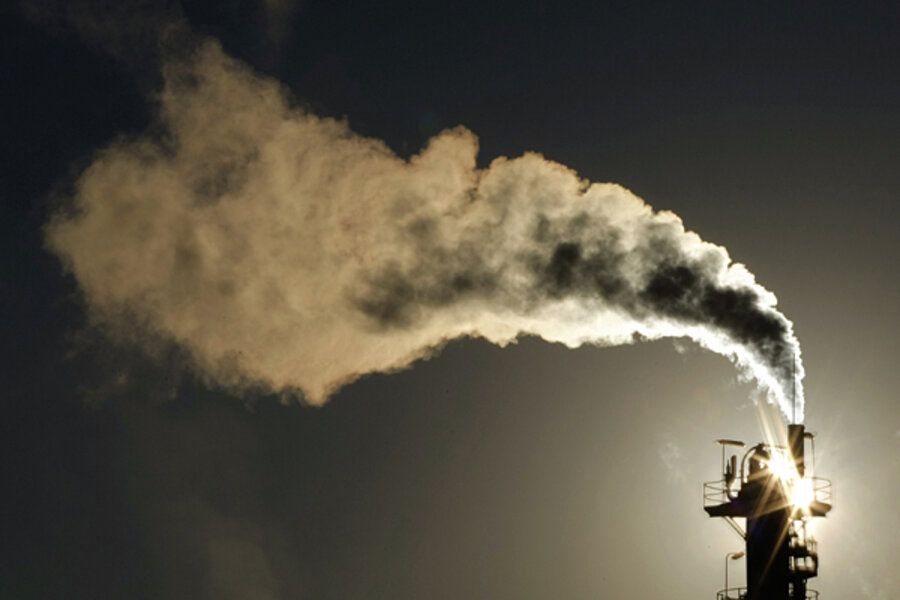IMF: End energy subsidies
Loading...
The world spent $1.9 trillion in energy subsidies in 2011. It was not money well spent, according to the International Monetary Fund (IMF).
The subsidies reinforce inequality by disproportionately benefiting the wealthiest, largest consumers of energy, according to a report released Wednesday by the global economic organization. Eliminating them would ease budgetary pressures on cash-strapped governments and slow global carbon emissions, the report finds.
"Subsidies cause overconsumption of petroleum products, coal, and natural gas, and reduce incentives for investment in energy efficiency and renewable energy," the report reads. "This over-consumption in turn aggravates global warming and worsens local pollution."
Eliminating energy tax subsidies worldwide would reduce carbon dioxide emissions by 4-1/2 billion tons – a 13 percent reduction, the IMF study found.
“[S]ubsidies have adverse effects on public finances, economic growth, equity and the environment,” said IMF first deputy managing director David Lipton, in a press release.
The elimination of such subsidies would increase the cost of energy, which critics say would drag down an already crippled economy and disproportionately affect lower-income households.
"It doesn’t bother Barbra Streisand if her electricity bill goes up, but it sure affects people who are worried about their jobs going away," said Dan Kish, senior vice president for policy at the pro-free-market Institute for Energy Research in Washington.
That impact could be offset with conditional cash transfer programs to low-income groups, according to the paper’s authors, or by maintaining certain energy subsidies for items heavily used by the poor like kerosene or consumption of electricity below a specified threshold.
“This IMF study makes the point very clearly,” wrote Daniel Kammen, director of the Renewable and Appropriate Energy Laboratory at the University of California, Berkeley, in an e-mail, “that containing energy costs, particularly for the poor can readily be done without these distorting subsidies that only preserve the status quo, impede research and innovation, and support an energy mix that is detrimental to local communities and the global environment."
In the US, many are skeptical that any kind of rise in energy costs could gain support in a divided Congress, during a time of economic hardship.
"It’s very tough at this time to achieve consensus on any of these issues," said Aparna Mathur, an economist at the conservative-leaning American Enterprise Institute in Washington. "I hope we’ll move towards a more transparent system where we’ll know what’s being subsidized and not."








